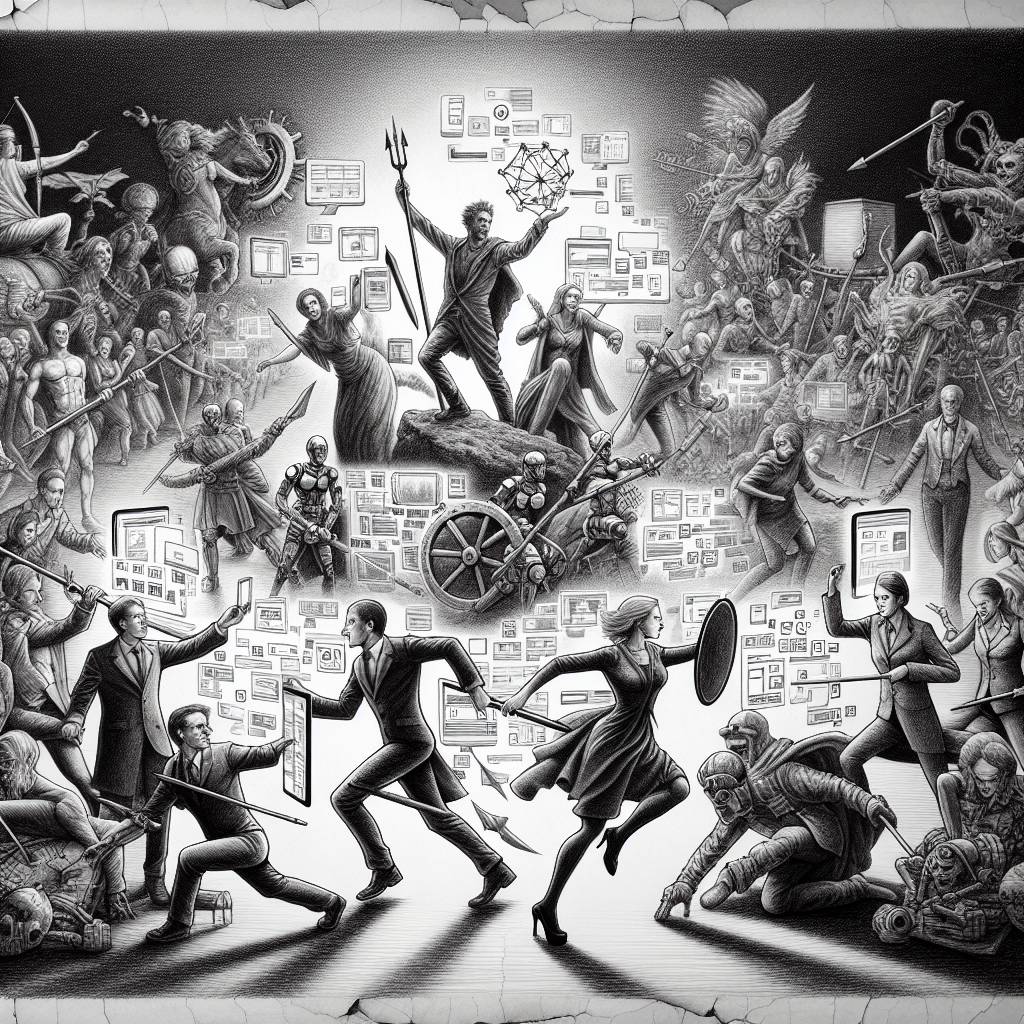Cyber Threats Unplugged: How NDR Saves the Day for Financial Services, Energy, Transport, and Government!
Network detection and response (NDR) is crucial for financial services, energy, transportation, and government sectors, which face unique cyber threats. Unlike traditional tools, NDR excels at detecting encrypted threats and ensuring regulatory compliance. Its ability to monitor networks without latency or agents makes it indispensable for protecting critical infrastructure and sensitive data.

Hot Take:
Who knew cyber threats would go from script kiddies to James Bond villains? As hackers become more cunning and sophisticated, it seems like they’ve been binge-watching too many spy movies. Meanwhile, security teams are left playing a high-stakes game of cat and mouse, trying to outsmart these digital specters. But fear not, for Network Detection and Response (NDR) comes to the rescue with its ‘all-seeing eye’ to keep those pesky threats at bay. It’s like having Gandalf guarding your data, proclaiming, ‘You shall not pass!’ As long as security teams stay one step ahead, the digital world remains safe from these cyber tricksters.
Key Points:
- Cyber threats are becoming more sophisticated, using advanced techniques to avoid detection.
- Endpoint Detection and Response (EDR) is essential but limited, prompting the rise of Network Detection and Response (NDR).
- Critical industries like financial services, energy, transportation, and government face unique cybersecurity challenges.
- NDR provides comprehensive network visibility and compliance assurance across various sectors.
- Zero trust architecture and encrypted traffic analysis are crucial in combating advanced threats.
